Global prize honours Cambodian illegal logging activist
- Published
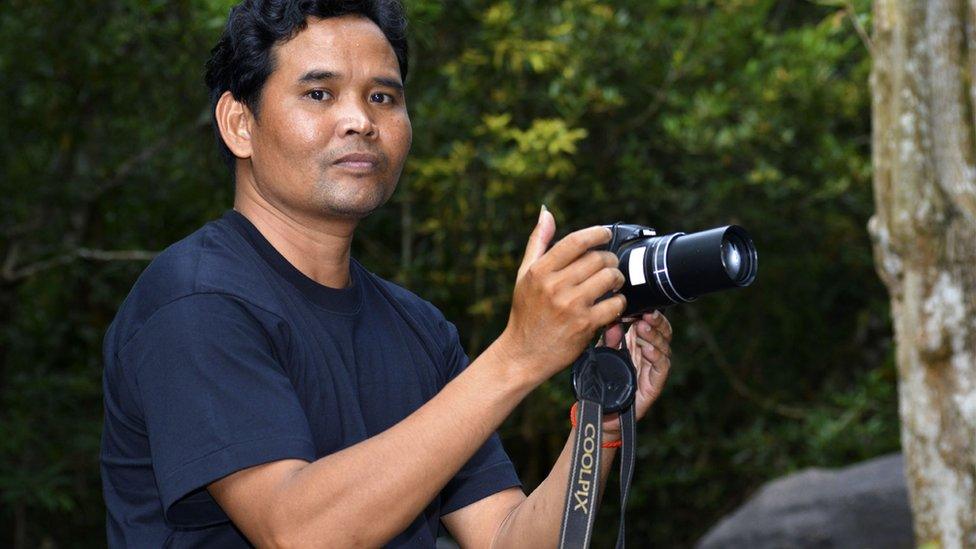
Environmental lawyer Leng Ouch has been battling for two decades to save Cambodia's remaining forests
An activist's undercover work to shed light the extent of illegal logging in Cambodia's forests has been recognised by the Goldman Environmental Prize.
Leng Ouch gathered evidence to highlight how land concessions (ELCs) were being abused and forcing communities from their homes.
His outspoken criticism of the government led to fears for his safety, forcing Mr Ouch into hiding.
In 2014, the government cancelled ELCs that covered 89,000 hectares of forest.
Despite this, Mr Ouch said he felt the plight of the nation's forests was not improving.
"The situation is getting worse year after year," he told BBC News.
"There is no improvement, there is more destruction. There is more deforestation and more demand from overseas.
"We have lost millions of hectares of land through the land concessions."
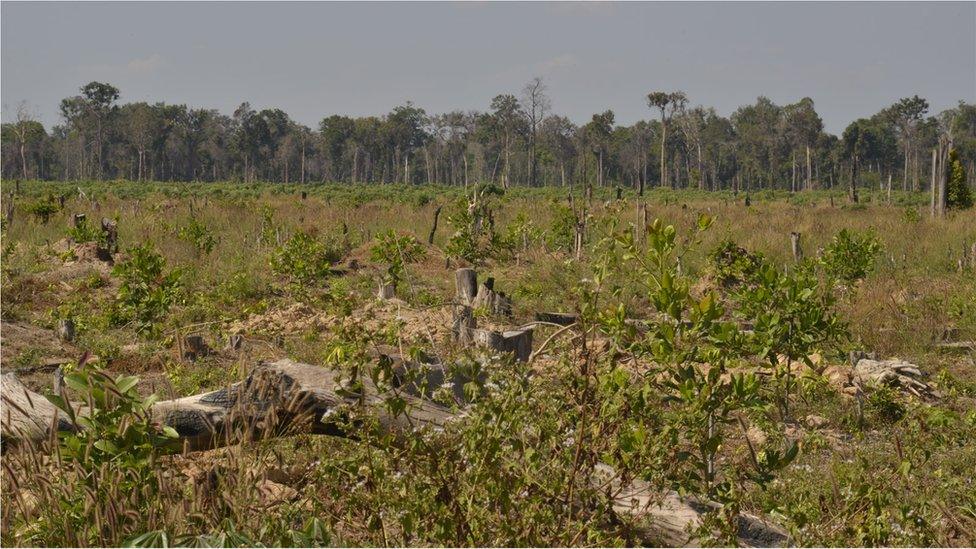
Deforestation has decimated the nation's forests and landscape
It is reported that Cambodia has one of the highest deforestation rates in the world, and just 20-30% of its original forest cover remains.
One of the driving forces is the demand from nations like China for high-value hardwoods, such as Siamese rosewood that can fetch US $50,000 (£35,000) for a cubic metre.
Another cause for the high deforestation rate is the introduction of Economic Land Concessions (ELCs) in 2001, which were designed to support economy-boosting large-scale agriculture, such as rubber and sugar plantations.
However, the issuing of the ELCs has affected many communities that depended on the land for their livelihoods.
Campaigners say that more than 700,000 people have been driven from their homes as a result of ELCs.
Leng Ouch's work has taken him undercover and placed him in extreme danger as he attempted to gather evidence of the impact of the ELCs on forests and forest people.
Posing as a labourer, he was able to shed light how the land concessions were being used to provide cover for illegal operations.
In 2012, a moratorium was imposed on ELCs, but Mr Ouch argued that it did not go far enough and did not stop forests being felled and people being displaced.
Mr Ouch explained why he had spent more than two decades investigating and campaigning to highlight the injustices he felt he had witnessed.
"There are not many people in Cambodia that do this kind of work and I felt it was necessary for me to step in and defend and protect the forests," he observed.
However, he was aware of the dangers of being an environmental campaigner in Cambodia and had often gone into hiding in order to avoid unwanted attention and threats to his life.
Winning a globally prestigious environmental prize does not remove the dangers. In March, Berta Caceres - a 2015 Gold Prize winner - was killed by gunmen in Honduras. She had been a vocal campaigner against a project to build a massive dam across the Gualcarque River.
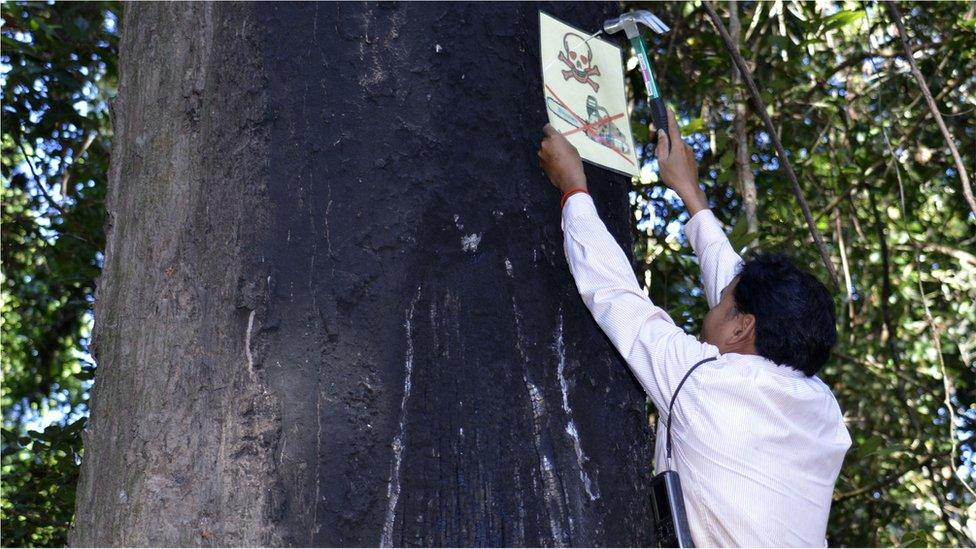
Mr Ouch plans to use the prize money to help him to continue his work to protect the nation's remaining forests
He said he was excited to be one of this year's winners of the Goldman Environmental Prize - described as the Oscars of grassroots environmentalism - as it presented an opportunity to tell the wider world about the situation in Cambodia.
"I hope the world will help us bring about change, and protect forests for future generations," he said.
"I will use this award to protect and defend the forests, and to ask local people and the international community to protect these areas."
He added that he planned to use the prize money to help finance his work.
Mr Ouch and five other grassroots campaigners will receive their prize at a ceremony in San Francisco on Monday.
The other winners are:
Edward Loure from Tanzania: Mr Loure led a grassroots organisation that developed an approach to secure land titles to indigenous communities rather than individuals in order to protect the environment for future generations
Zuzana Caputova from Slovakia: Ms Caputova, a lawyer, led a campaign that resulted in the closure of a toxic waste dump that was having an adverse impact on the area's environment and community.
Luis Jorge Rivera Herrera from Puerto Rico: Mr Rivera Herrera's campaign led to the establishment a nature reserve at a location deemed to be an important nesting ground for the endangered leatherback turtle.
Destiny Watford from the United States: Ms Watford mobilised support in her Baltimore community to halt plans to build what would have been the nation's largest incinerator plant less than a mile from the high school where she was a student.
Maxima Acuna from Peru: Ms Acuna, a subsistence farmer, protected her right to continue living off her farmland despite a mining company's plans to develop a gold and copper mine on the site.
Follow Mark on Twitter, external
- Published20 April 2015
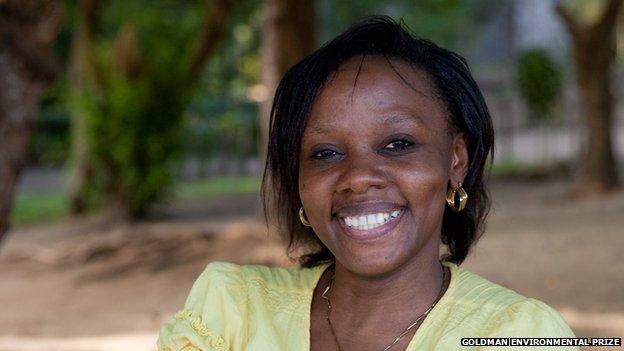
- Published28 April 2014
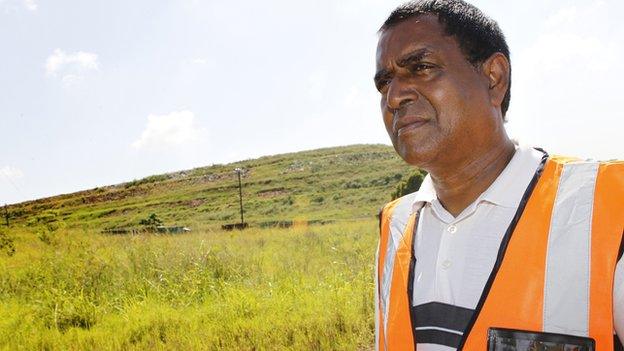
- Published15 April 2013
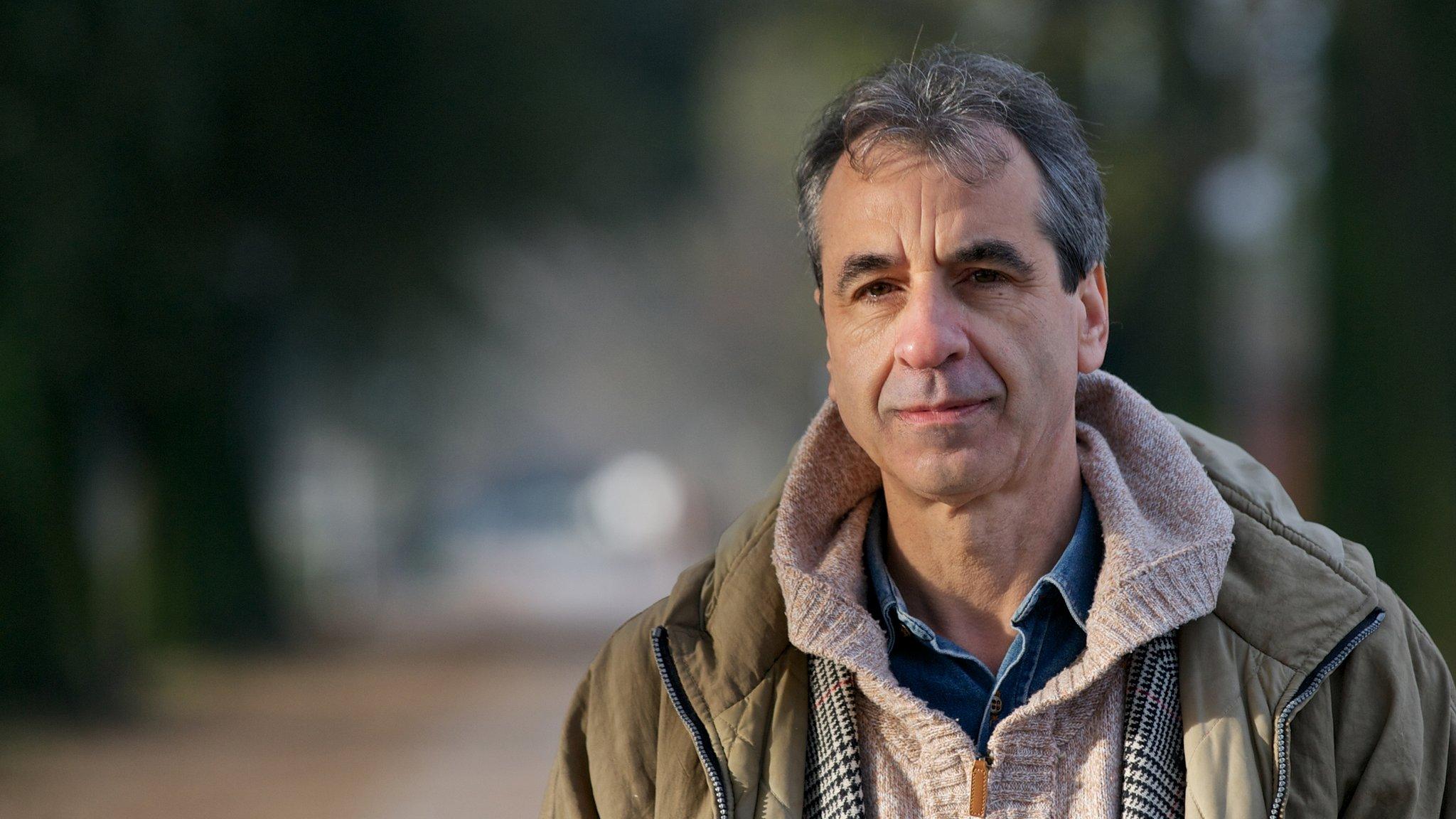
- Published16 April 2012